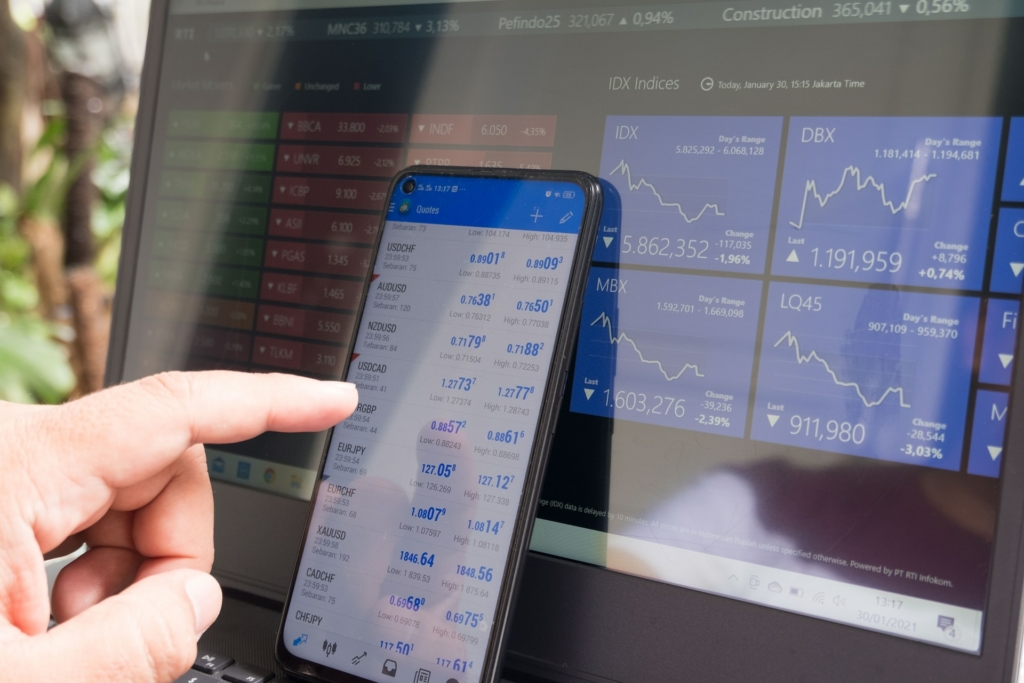Trading has been a popular venture over the last few years because it offers immense freedom, and the benefits are close to unimaginable. Though apart from what people see online with all the Forex gurus, trading is really not that easy. A lot of factors go into becoming a successful trader, and even more time goes into it. It is due to this that beginners should really understand what they are getting themselves into. This article compiles some of the most important aspects of becoming a good trader.

Start with a Demo Account
Trading is an activity that might appear daunting for rookies at first. For starters, you can try a demo account, as it will allow you to get practical skills without losing any real money. There are many simulated trading platforms, like the best CFD trading platform in the UK as tested by Sterling Savvy. that one can use in order to execute a trade and try out different strategies with simulated funds. The hands-on approach offers you a chance to get acquainted with the platform and makes you feel confident as you begin to trade live with your money.
Educate Yourself
Anyone intending to dive into trading must first commit themselves to learning about the financial markets. Learn about stocks, bonds, commodities, and many other financial instruments. Be aware of the market terms, trading systems, and other methodologies like technical and fundamental analysis. Many resources, such as books and online tutorials, are available in order to instill some knowledge in the newbie.
Create clear objectives and determine your risk tolerance
Any trader should establish their financial goals clearly. Decide your objectives of trade, such as money-making in the short run, generation of wealth over a certain period of time, and more. Secondly, you should also evaluate your risk tolerance because any trade carries a certain degree of uncertainty. This knowledge will determine how much risk you are comfortable with in order to direct your investment towards those risks without being governed by emotions when the markets go up or down.
Understand Different Trading Styles
There are different trade styles that one can choose from depending on the preference as well as the available time to give trade. Some of these include day trading, swing trading, and long-term investing. The traders who execute daily trade are known as day traders, while those holding the position for 1 or more than a week are referred to as swing traders. On the other side, some investors are long and do not care about daily market activities but focus on the fundamentals of assets as they maintain and hold positions for a longer timeframe. Consider your lifestyle and preference to be able to choose a trading style that fits your objectives in life.
Develop a Solid Trading Plan
The trading plan constitutes a roadmap that directs all your trading activities. Your financial goal, preferred trade style, level of risk tolerance, and a series of guidelines on market entry and exit strategies should be outlined. Risk management features must be included in your strategy, including stop-loss orders. Consistently evaluate and amend your trading plan in line with your expanding skills and changing market circumstances.
Practice Risk Management
It is essential for traders to manage their risks effectively so as to safeguard their capital. At all times, do not bet all your money at once in an individual deal. Make use of risk-reward ratios such that potential profits exceed losses. Trading various assets may spread the risk too, when diversifying an investment portfolio. Moreover, you can employ order stops that would let you get out of an unsuccessful deal when it goes against your prediction.
Manage Your Emotions
The biggest challenge that traders can face is emotions, especially at times when the markets are volatile. There are instances when fear and greed make traders act in impulsive ways away from their trading plan. Maintain self-discipline; stick by the formulated strategies and keep emotion under control during practice. In case a trade doesn’t turn out well, be sure not to panic as you take into account matters of head over heart.
Grow Small and Slowly
It is recommended for beginners to start with little capital before exposing more capital as they become confident. This method enables you to understand strategies without sacrificing huge sums of cash. You will have a chance to evaluate how your plan is working when you scale up incrementally.

New traders should understand that trading is not a get-rich-quick scheme and a lot of work goes into becoming a successful trader. A lot of beginners will eventually give up before they crack their trading plans and strategies, as it is not a one-day activity. This should not be discouraging as with the right attitude, a person will surely get to where they want to be. It is important to note that you will not buy the latest car after a month of trading, so keep the unrealistic goals aside and focus on learning, practicing, and getting better.



